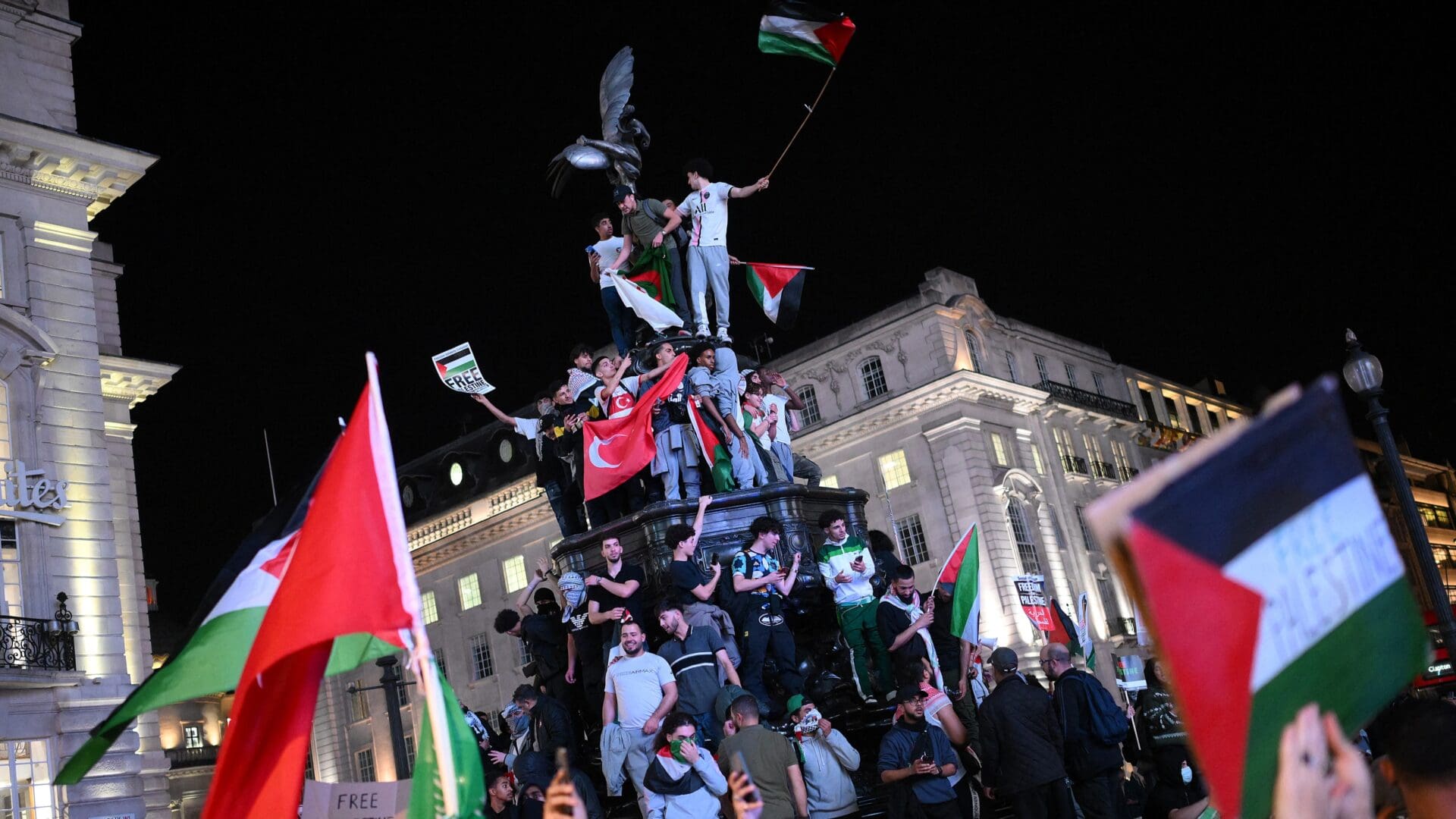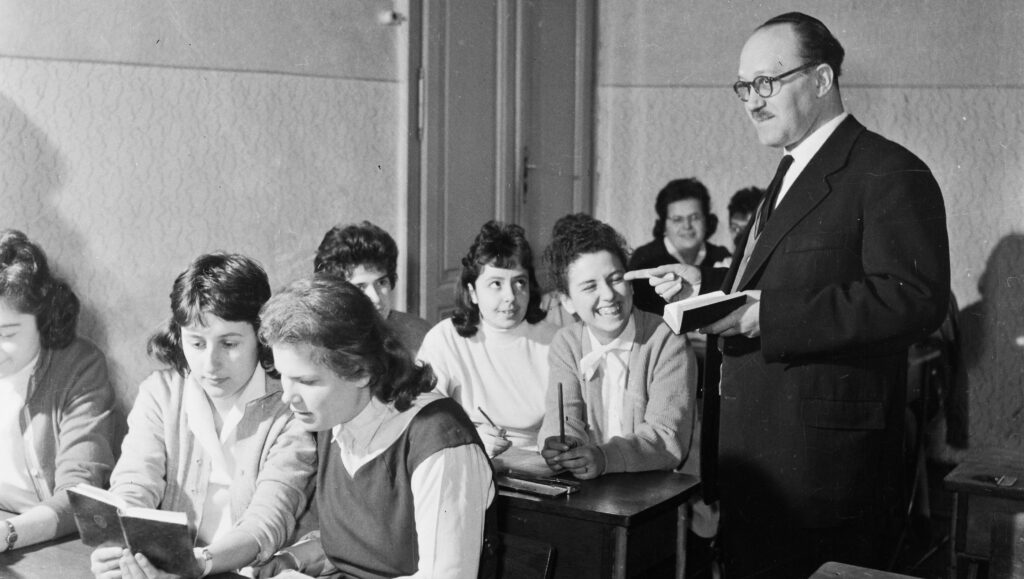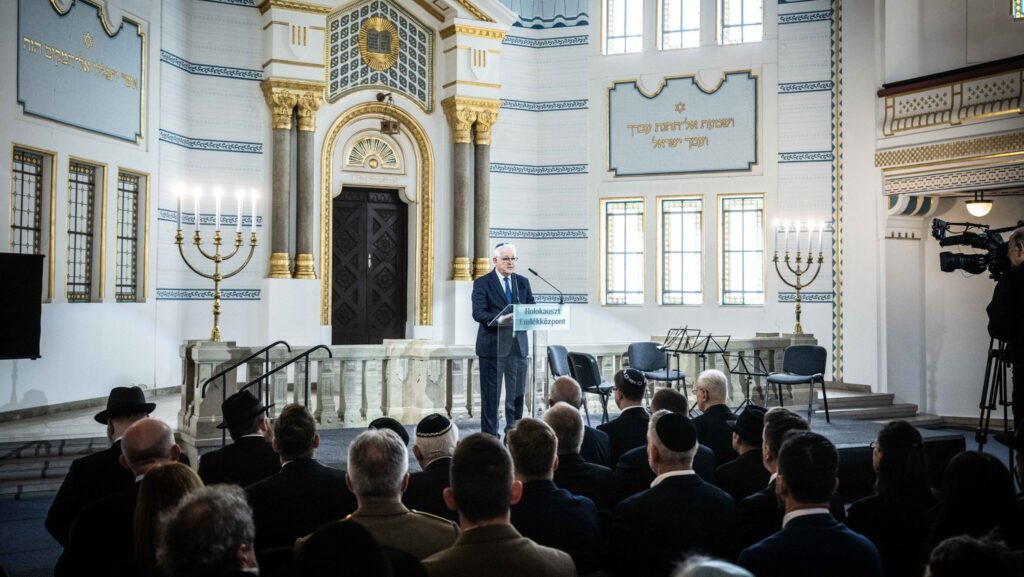The international community has strongly condemned the recent attacks by Palestinian Hamas on Israel, which have resulted in heavy casualties and extensive destruction. The UN, the European Union and many other countries, including Islamic countries, have expressed concern over this escalation of violence. However, if we focus only on European reactions, we must consider the significant Muslim communities residing in these countries as well.
While these communities are diverse and do not hold a unified position on the Palestinian-Israeli conflict,
certain elements and groups do support Hamas for ideological and principled reasons, demonstrating solidarity with the Palestinians. There have been events throughout Europe where participants have expressed their commitment to Hamas, which poses a challenge to European governments and local authorities, who must address the tensions created by the events in Israel. In what follows, we will look at the demonstrations by groups and individuals supporting Hamas in European countries with larger Muslim communities, and how Western government reacted so far. We will also consider whether the manifestations of pro-Hamas sentiments cause serious security issues.
A joint statement by 45 Muslim organizations, scholars and activists in Britain defended the right of Palestinians to self-defence and resistance against Israel’s illegal occupation and brutal violence. The declaration calls for the end of all forms of occupation, the dismantling of Israel’s settler colonial state, and the rejection of the term ‘terrorism’ when describing Palestinian acts of resistance. They also state that the British government’s practice of criminalizing acts of solidarity with Palestine must end. The statement includes phrases such as: ‘We, as leading members of the British Muslim community, reaffirm the inalienable right of the Palestinian people to resist Israeli military occupation, including the right to armed struggle’, or that: ‘Israel is a settler colonial state that commits the crime of apartheid against Palestinians living in all territory it has control over’.
Statements like this are cause for concern,
as confirmed by a London police statement, noting that they are aware of ‘numerous incidents’ related to the Israeli-Palestinian conflict in some parts of London.
The German and French authorities reacted almost immediately after the attacks and did everything possible to prevent potential actions by Muslim extremists in their countries. Germany increased police protection for Jewish and Israeli institutions when some Palestinian supporters took to the streets in Berlin to celebrate the attack. France focused on guarding around synagogues and Jewish schools in cities across the country, as one Jewish leader expressed concern that the conflict there could spill over. ‘Police protection in Berlin was immediately stepped up,’ said German Interior Minister Nancy Faeser. ‘The federal government and the regions are closely coordinating their activities.’ German authorities are constantly monitoring ‘potential supporters of Hamas in the Islamist environment,’ he added. Berlin police published photos on social media of people celebrating the attack on Israel and handing out pastries on Sonnenallee, the main street in the Neukölln neighbourhood. In some cases, charges were filed.
Hamas sympathizers also took to the streets in Austria. On the eve of the unprecedented attack on Israel, pictures of immigrants celebrating at pro-Palestinian demonstrations in downtown Vienna caused a stir on social media. Young participants on Mariahilfer Strasse waved Palestinian flags in front of Ballhausplatz in response to the Israeli flag hoisted in front of the Federal Chancellery as a sign of solidarity.
In addition, on 8 October, in the Swedish capital Stockholm, a group of Muslim and non-Muslim people gathered in Sergels Torg Square to express their support for Palestine and condemn the Israeli occupation. In the demonstration organized through social media, participants waved Palestinian flags and held up banners to show their solidarity. They chanted slogans such as ‘Boycott Israel,’ ‘Free Palestine,’ and ‘Israel is killing our children,’ expressing their deep concern over the ongoing crisis in the region. Banners reading ‘No to the Gaza prison camp’ and ‘Jerusalem is the capital of Palestine’ were also on display, reflecting the demonstrators’ unwavering commitment to the Palestinian cause. In a joint statement released during the demonstration, the demonstrators expressed sympathy with the Palestinian people and stressed that they will continue to stand by them in their struggle ‘for justice and freedom’.
In addition, numerous protests and solidarity marches are taking place throughout Belgium in response to the ongoing conflict between Hamas and Israel. Most of them emphasize support for Israel, but not exclusively. For example, supporters of the Palestinians in Antwerp held a solidarity action in support of Gaza on Wednesday night.
The Dutch case can be described as one of the gravest, where pro-Palestinian groups organized demonstrations in support of Hamas. However, these soon sparked a serious controversy, as some participants
began chanting slogans in Arabic calling for the killing of Jews.
This shocking expression of anti-Semitism prompted the Dutch Central Jewish Board to file charges and condemn the chants as a racist incitement to violence.
It is certainly worth noting that rallies in support of Hamas have not been limited to Western European countries, but have been organized also in the United States, Australia, and Canada. Some of these rallies were truly scandalous: for example, one of the most repulsive scenes of recent days took place in New York’s Times Square, when a pro-Palestinian protester used a swastika to express his anti-Israel sentiments in response to the developments in the Middle East.
It is important to underscore that political expression is one of the pillars of democratic societies that must be respected. However, problems arise when this right is abused, as seen in the promotion of murder and violence in this case. This is contrary to Western values, which must be defended from the actions of extremists and
should never allow the spread of radical views or the glorification of violence.
Instead, Western governments must take active measures to counter these extremist elements. To this end, the means of education and social dialogue should be utilized. Authorities and civil organizations should collaborate to identify and neutralize such dangerous entities in a timely manner ensuring the peaceful coexistence of various societal groups. The protection of European values is a common responsibility for all of us.
(Editorial note: Since this article was drafted, the authorities in Vienna, Berlin and Paris have banned pro-Palestinian rallies. Despite the bans, mostly violent protesters gathered in central squares of these respective capital cities and clashed with police yesterday.)
The views expressed by our guest authors are theirs and do not necessarily represent the views of Hungarian Conservative.
Related articles:








